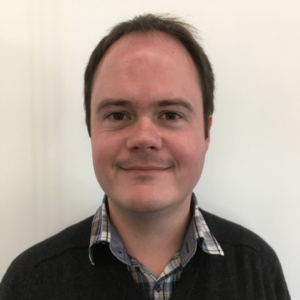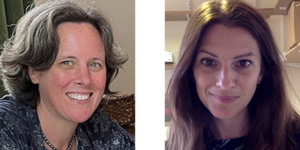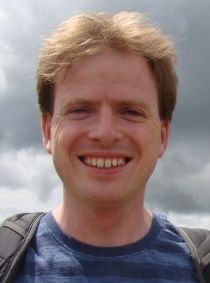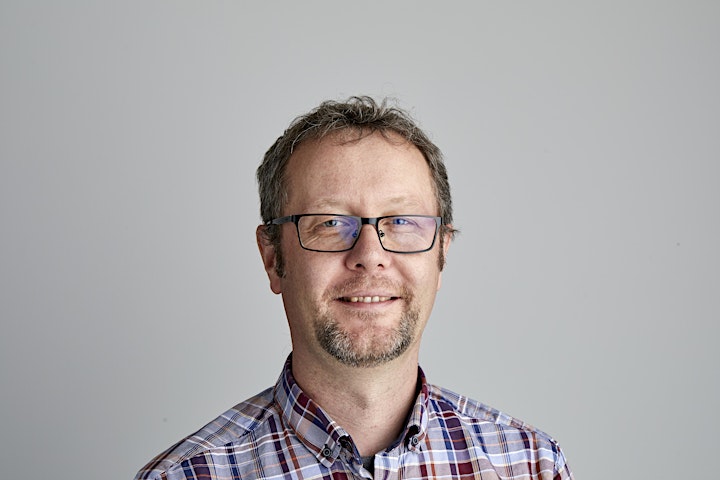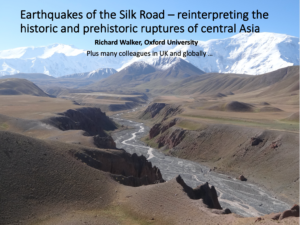Project Title: Improving Building Exposure Datasets using High-Res Imagery and Deep Learning
Supervisors: Dr. Scott Watson and Dr. John Elliott (University of Leeds)
Name of Intern student: Francesca (Frankie) Butler
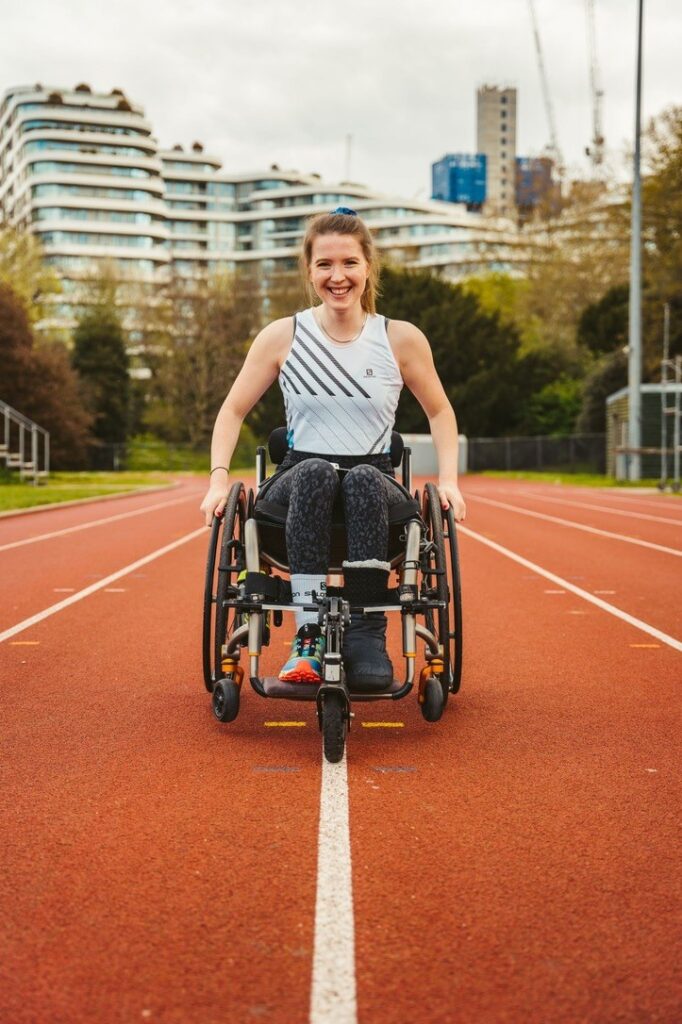
Bio: Final Year Undergraduate at the University of Aberdeen, reading Geology and Petroleum Geology, with a specific interest in pursuing a PhD in Volcanology, Magma Mixing.
Following a life changing injury, I have had to look deeper at remote Geology, attend virtual field trips, GIS Mapping and most recently, the new frontier of Deep Learning in GIS.
I am also interested in science communication, and I am part of the Geoscience academic community on Twitter – @frankiealoise I enjoy presenting ideas/research and documenting my journey as a disabled geologist, both in the field and the lab.
I thoroughly enjoyed the COMET internship as it gave me the opportunity to learn new skills and speak at the annual student COMET meeting, combining PhD style research with Science communication and remote Geology/ Geoscience work!
Project:
Project title: ‘Improving Building Exposure Datasets using High-res Imagery and Deep Learning’
Testing the application of a variety of deep learning models to an area of Kathmandu and assessing transferability and improvements
Independent 6-week summer research project, fully funded by NERC, COMET and the University of Leeds.
Manually mapping buildings in Kathmandu, Nepal from high resolution satellite imagery. Using QGIS and ARCGIS to draw polygonal outlines around buildings.
These manually collected outlines were then used to train Deep Learning Models to identify buildings with the end goal to create a pre-trained Deep Learning model for Kathmandu. Investigated the use of Non-Differentiated Vegetation Index (NDVI) masks to improve the accuracy assessment score and improve the overall accuracy of the model.
These deep learning models are important for mapping building footprints quickly. Kathmandu currently has no established model and this will help to inform future planning and humanitarian response following natural disasters.
Outputs:
Partially trained Deep Learning Models for Kathmandu.
Accuracy Assessment Scores for Pre-trained deep learning models.
Helped to define a direction for future research for my Supervisor Dr Scott Watson; the use of Non-Differentiated Vegetation Index (NDVI).
15 Minute presentation at the NERC COMET student meeting in person in Manchester (January 15th 2023)
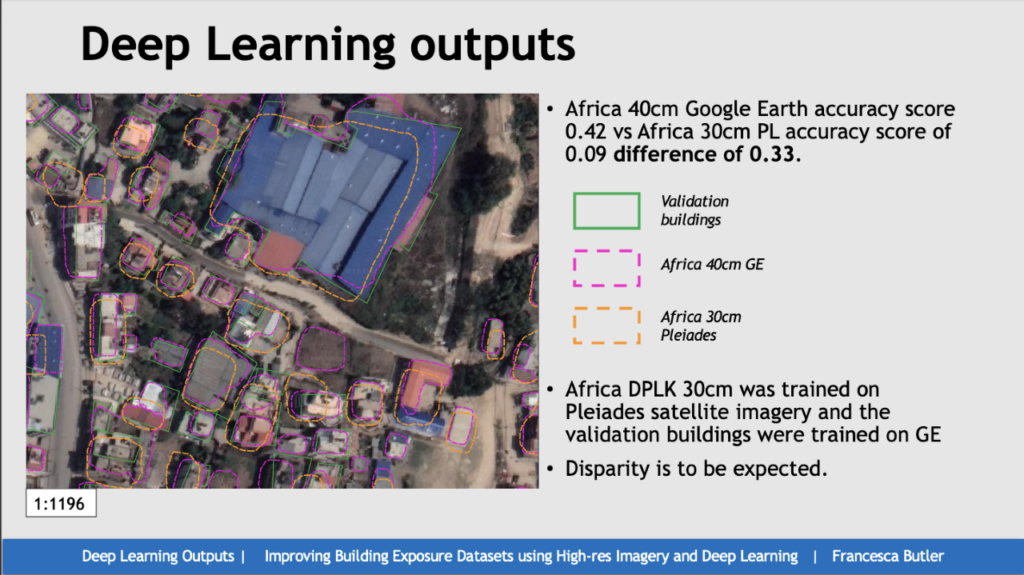
The overall experience:
I thoroughly enjoyed the NERC summer internship programme.
I learnt so much about the process and approach you must have to research projects.
I felt I was learning and contributing to research at the forefront of the field.
Deep Learning programmes are becoming more prevalent within Geoscience, the work I did with Scott has helped me throughout my current Geology degree. I have attended PhD and Post-Doc talks on Deep Learning, and I understood their approach and felt I could ask relevant questions.
Scott was an excellent supervisor, I had enough free reign to investigate areas I felt
needed investigating, but I also had enough guidance. I felt I could ask any questions without fear of retribution.
I learnt how to use some incredibly useful programmes that I am integrating into my own research.
It was interesting as the project was within an area of geoscience that I am not wholly comfortable with- coding and new programmes. But the process of learning how to use them, making mistakes and learning how to rectify them, was really important for my overall development as a scientist.
This project has helped to solidify that I would like to pursue a PhD in Geology.
I completed this project whilst recovering from a serious life-changing injury. The understanding and compassion from all staff members allowed me to complete the work to a high standard whilst not jeopardising my recovery.
I truly enjoyed the experience, thank you to Leeds and NERC for this experience!

